Brazil bans X amid Musk’s defiant stand on free speech
- Update Time : Wednesday, September 4, 2024
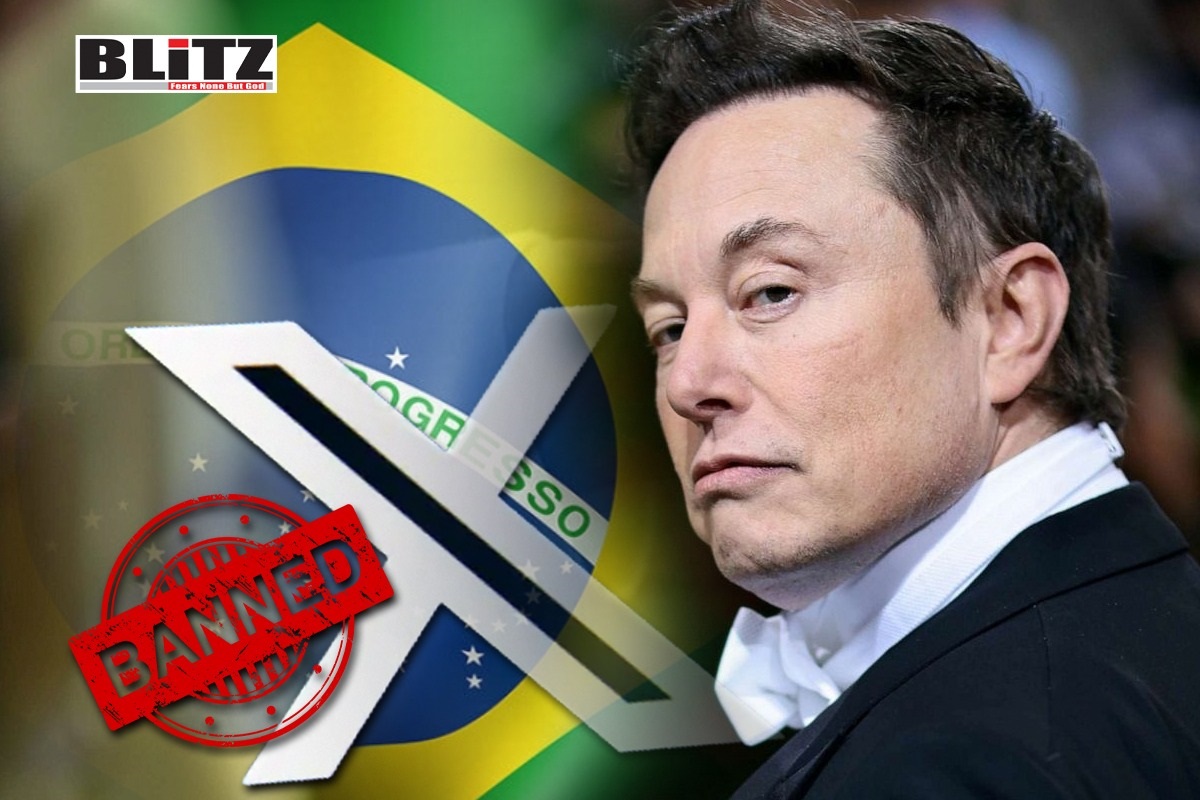
The Brazilian Supreme Court has found itself at the center of a heated confrontation with Elon Musk, the billionaire owner of X (formerly Twitter), over issues of free speech, censorship, and the rule of law. Justice Alexandre de Moraes, a prominent figure in Brazil’s judiciary, has ordered the immediate suspension of X’s operations within the country, sparking a debate on the boundaries of judicial authority and the role of social media in modern democracies.
The conflict between Musk and Brazil’s judiciary began earlier this year when Justice de Moraes ordered X to suspend several accounts allegedly spreading “disinformation” about him and the Brazilian Supreme Court. These accounts were linked to supporters of former president Jair Bolsonaro, often referred to as “digital militants.” De Moraes characterized their activities as harmful to Brazil’s democratic institutions, arguing that their unchecked disinformation posed a significant threat to public order.
Musk, a vocal advocate of free speech, refused to comply with the order, arguing that it violated Brazilian laws protecting freedom of expression. He has consistently positioned X as a platform that prioritizes open dialogue, even when it involves criticism of powerful figures like de Moraes.
On August 30, Justice de Moraes escalated the situation by ordering the complete suspension of X’s operations in Brazil. This decision effectively bans the platform within the country and mandates that tech giants Google and Apple remove X from their app stores within five days. The ruling also imposes a daily fine of approximately 50,000 Brazilian real (about $8,874) for anyone caught using a virtual private network (VPN) to circumvent the ban.
De Moraes justified his decision by asserting that Musk’s refusal to comply with previous orders undermined the authority of the Brazilian judiciary. The judge’s actions have drawn significant attention, both domestically and internationally, with many questioning the proportionality and legality of his orders.
Elon Musk did not hold back in his response to de Moraes’s actions. He publicly condemned the judge, calling him “an evil dictator cosplaying as a judge” and accused Brazil’s President Luiz Inácio Lula da Silva of being de Moraes’s “lapdog.” Musk’s sharp criticism highlights his broader concerns about judicial overreach and the implications for free speech in Brazil.
Musk has framed the dispute as a fundamental battle over the right to free expression, asserting that de Moraes’s orders are politically motivated and designed to suppress dissent. “Free speech is the bedrock of democracy and an unelected pseudo-judge in Brazil is destroying it for political purposes,” Musk said in response to the suspension order.
In a further escalation, Justice de Moraes also froze the accounts of Starlink, a subsidiary of Musk’s SpaceX, as part of efforts to enforce fines against X. De Moraes claimed that this was necessary to ensure the payment of penalties levied against X for failing to appoint a legal representative in Brazil.
Musk has vehemently objected to what he describes as “absolutely illegal action” taken without any due process. He emphasized that X and SpaceX are separate entities with different shareholders, arguing that de Moraes’s actions represent a clear overreach of judicial authority.
X’s Global Government Affairs team has also expressed outrage over the treatment of their Brazilian legal representative, who was reportedly threatened with imprisonment by de Moraes. Even after resigning from her position, her bank accounts were frozen, a move that X describes as part of a broader pattern of intimidation and abuse of power by the Brazilian judiciary.
The standoff between Musk and Brazil’s judiciary has sparked a broader debate about the balance between judicial authority and freedom of expression. Critics of de Moraes argue that his actions are a dangerous precedent, potentially paving the way for further censorship and suppression of dissent in Brazil. They contend that the judge’s orders, particularly the suspension of X and the freezing of Starlink’s accounts, are disproportionate and violate fundamental rights.
Supporters of de Moraes, however, argue that his actions are necessary to combat the spread of disinformation and protect Brazil’s democratic institutions. They point to the role of social media in amplifying false information and argue that the judiciary has a responsibility to intervene when such activities threaten public order and the rule of law.
The international community has watched the unfolding conflict with interest. The US Embassy in Brazil has issued a cautious statement, noting that it is “monitoring the situation” and emphasizing that “freedom of expression is a fundamental pillar in a healthy democracy.” This measured response reflects the complexity of the situation, as governments around the world grapple with similar issues of balancing free speech with the need to regulate harmful content on social media platforms.
The battle between Elon Musk and Brazil’s judiciary underscores the growing tensions between tech giants and national governments over issues of free speech and regulation. As social media platforms continue to play an increasingly central role in public discourse, the question of who has the authority to regulate these platforms-and how they should be regulated-remains a contentious and unresolved issue.
For now, the standoff in Brazil serves as a stark reminder of the challenges that lie ahead in navigating the complex relationship between technology, law, and democracy. Whether de Moraes’s actions will ultimately be upheld or overturned, and what this means for the future of free speech in Brazil, remains to be seen. However, the implications of this conflict are likely to resonate far beyond Brazil’s borders, influencing global debates on the power and responsibility of social media platforms in the digital age.


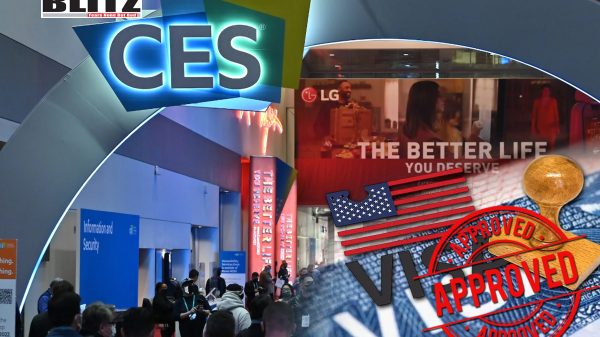
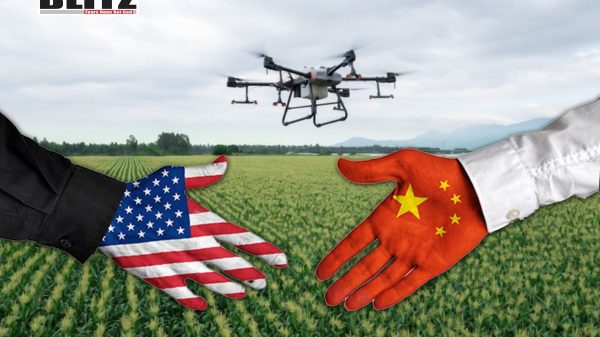
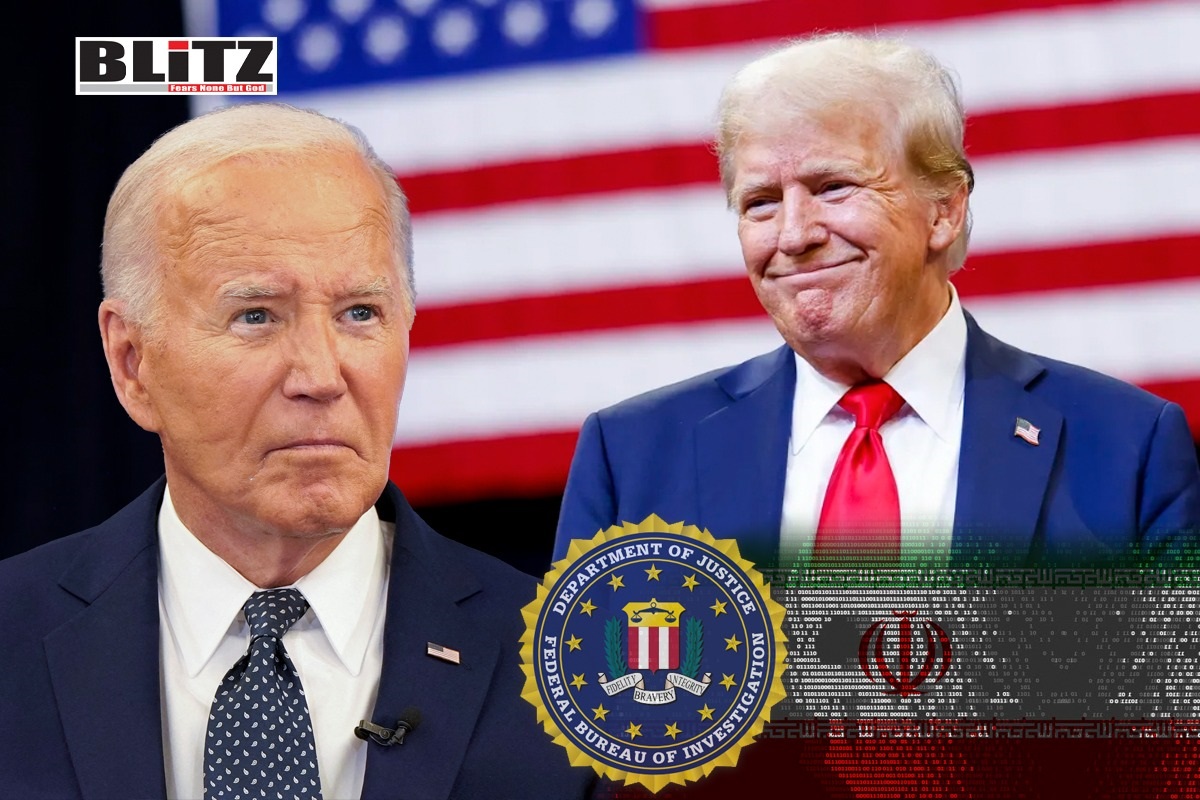
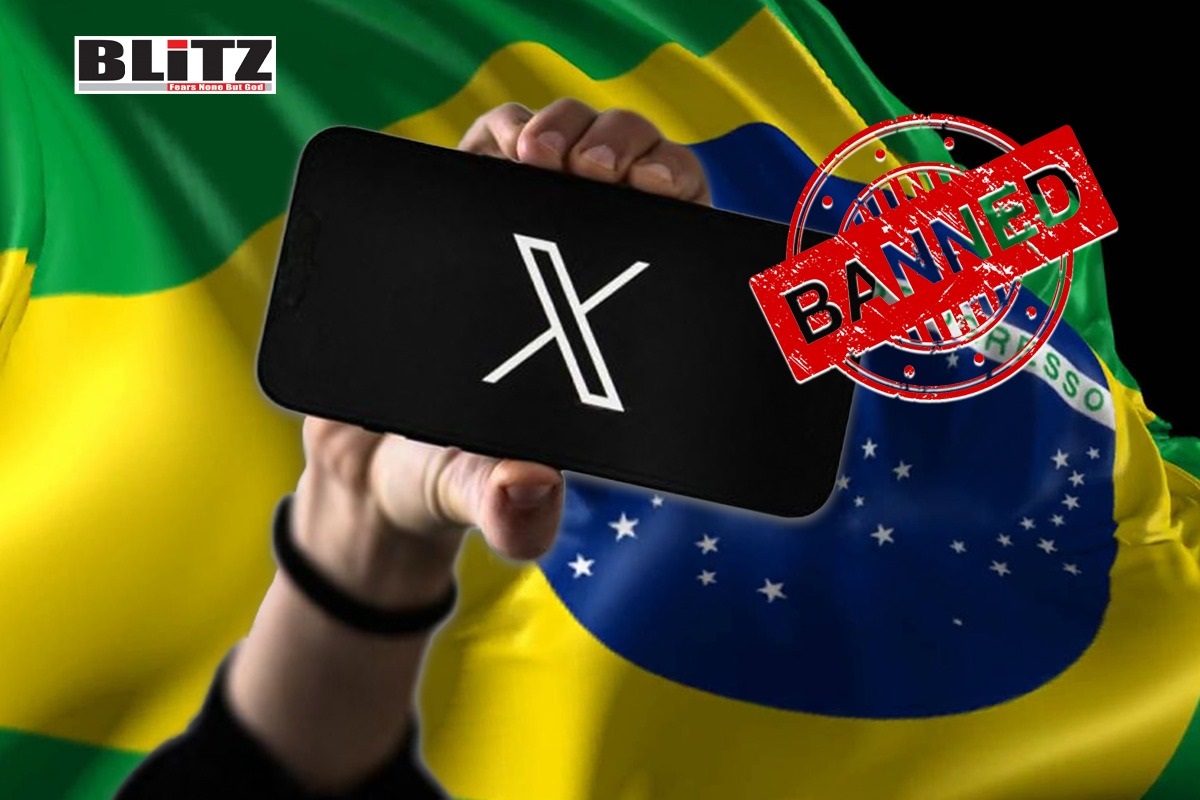
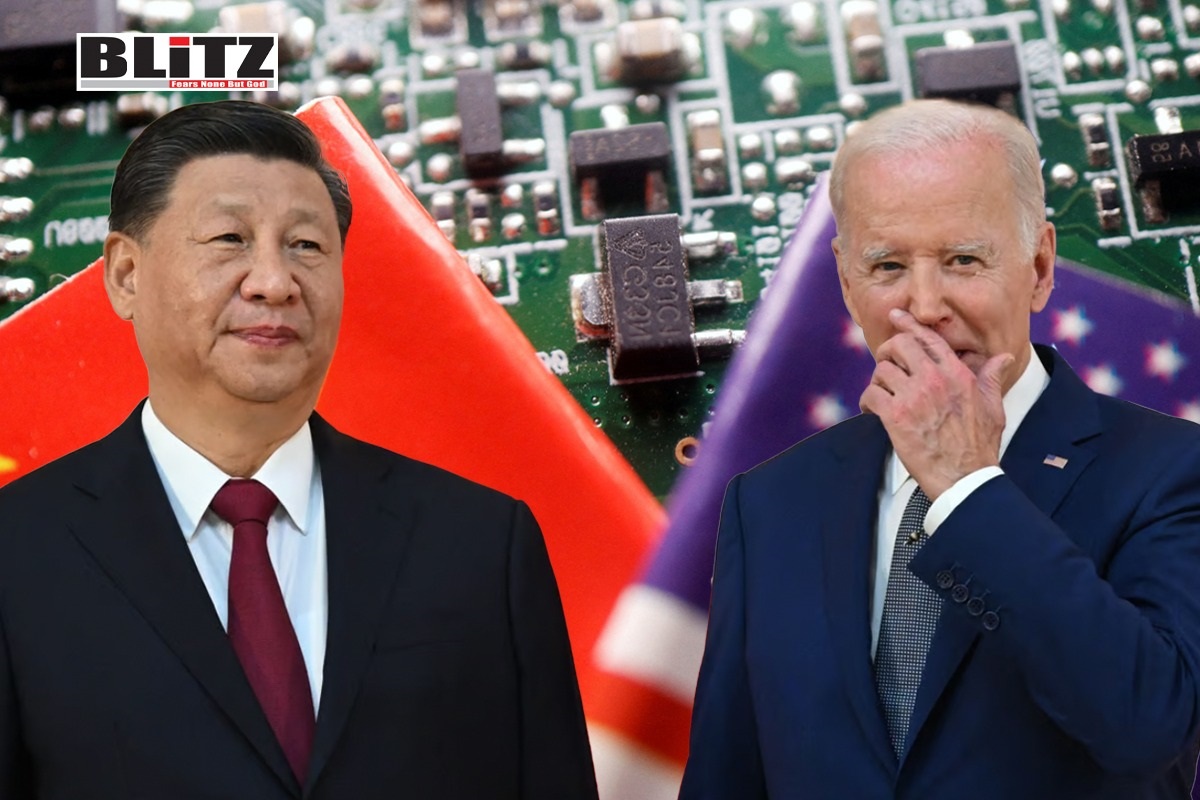
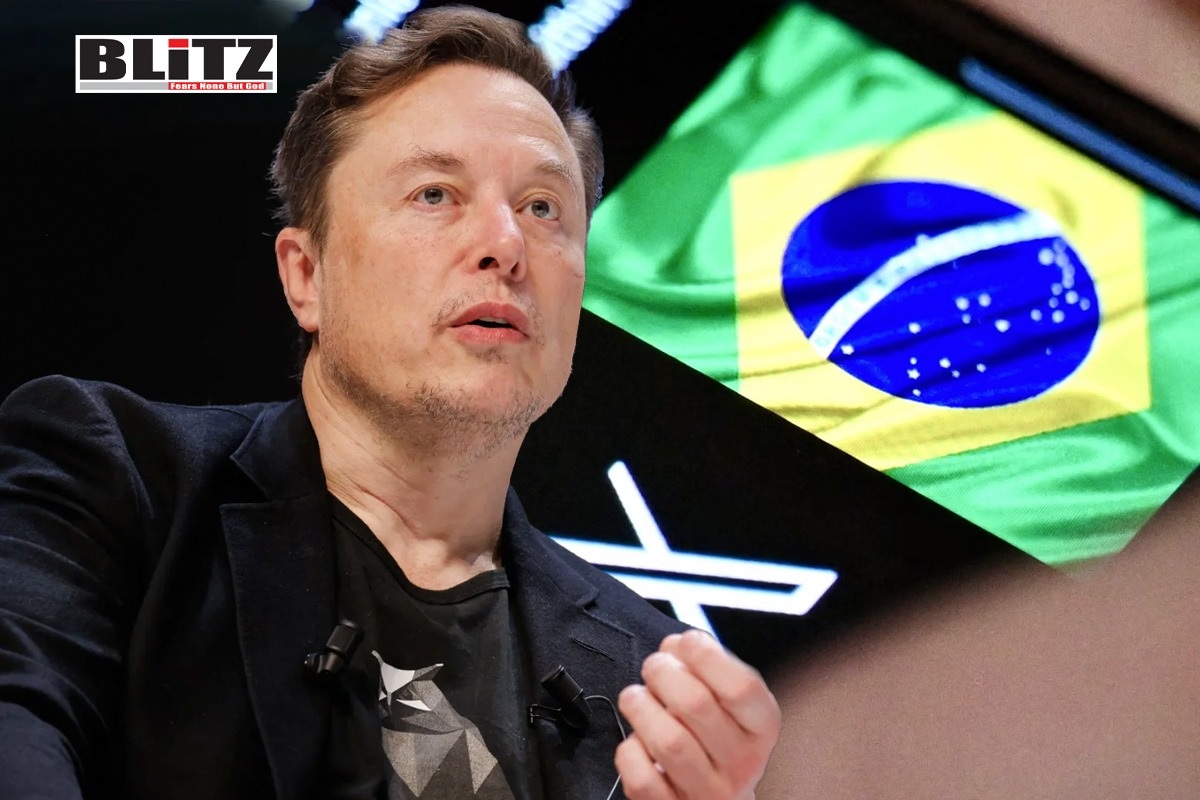

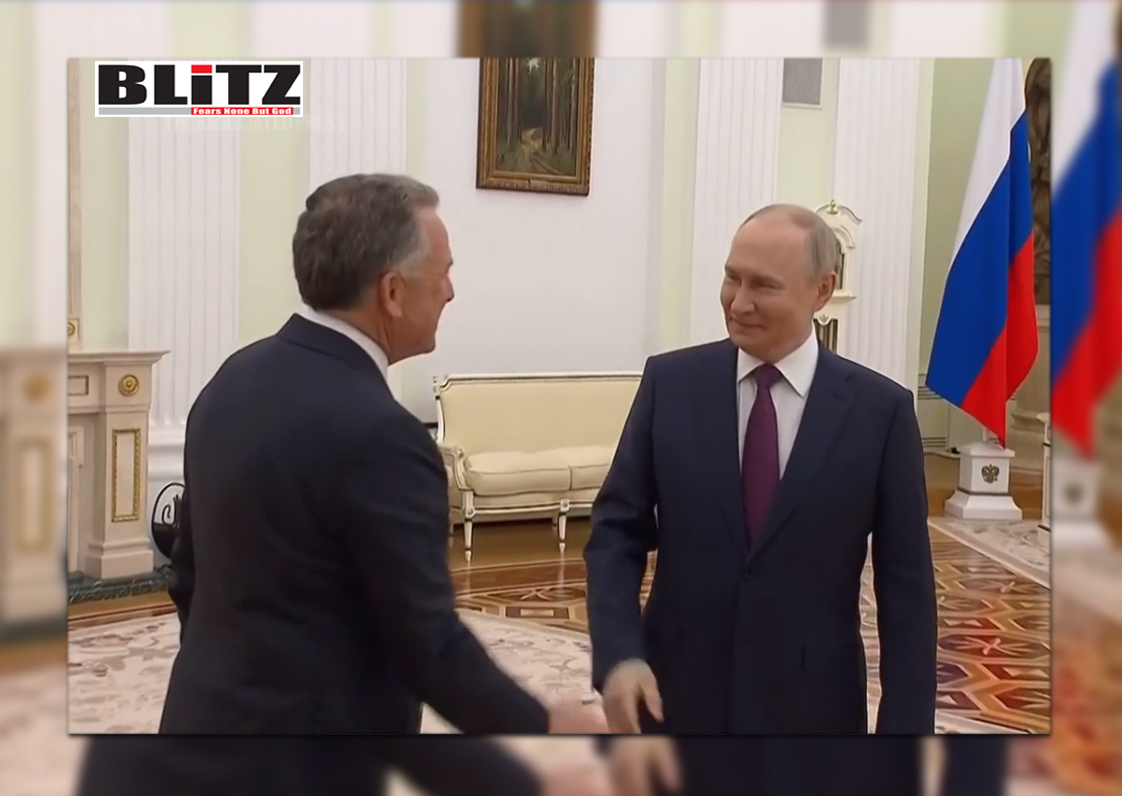
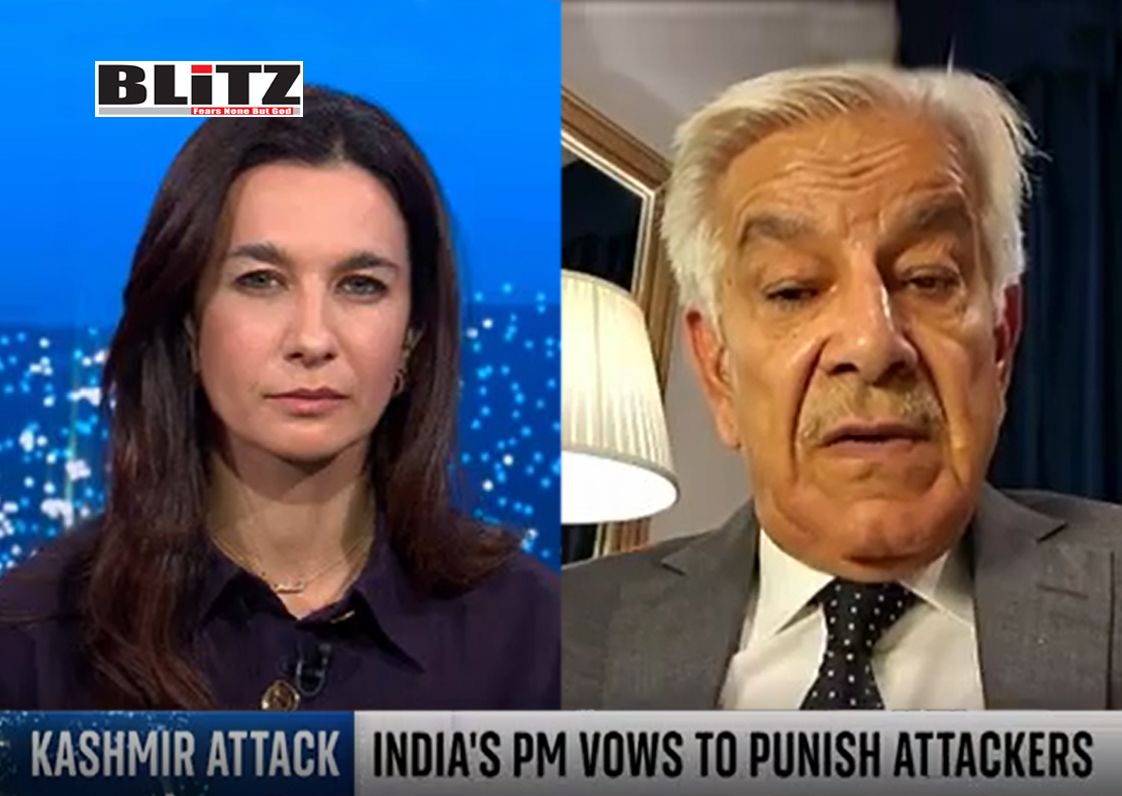
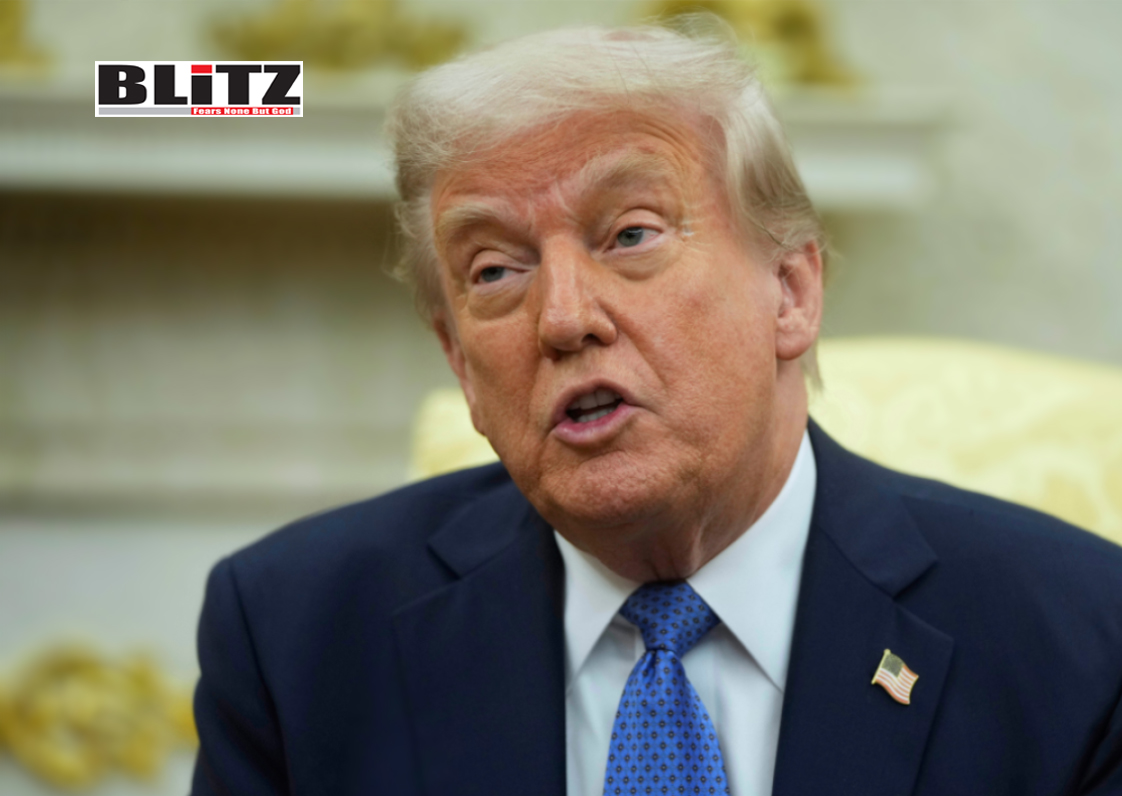
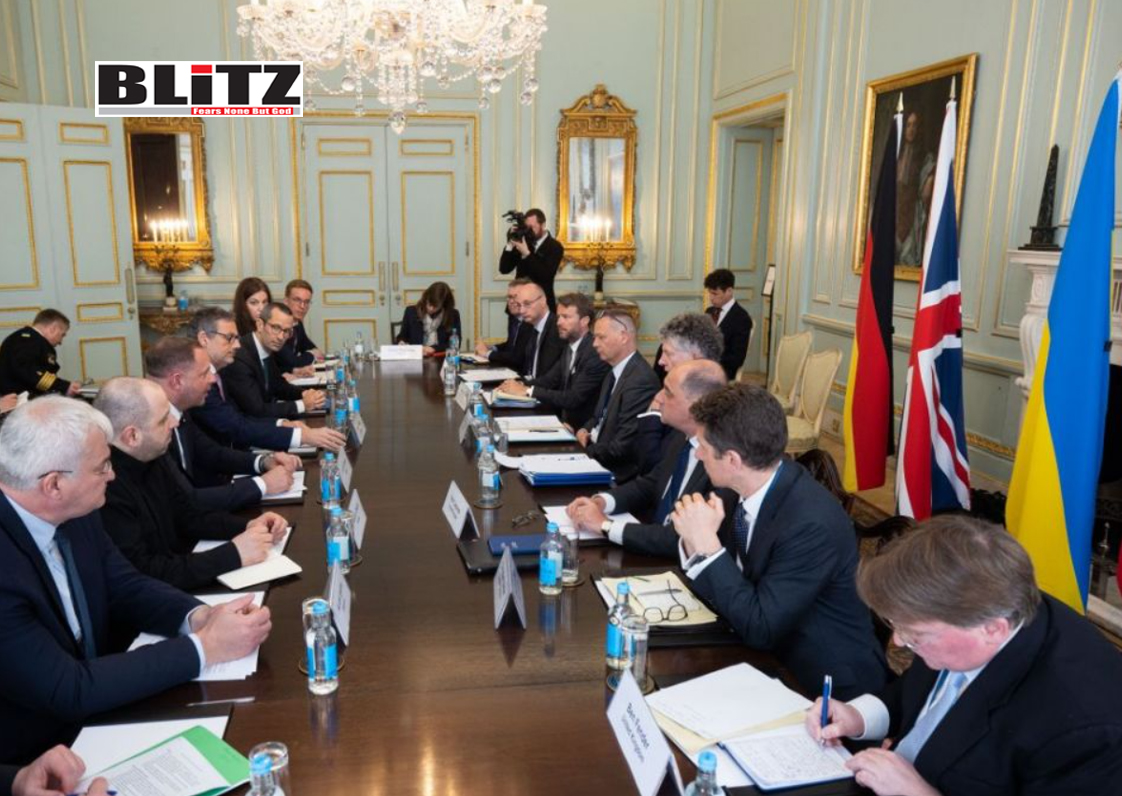
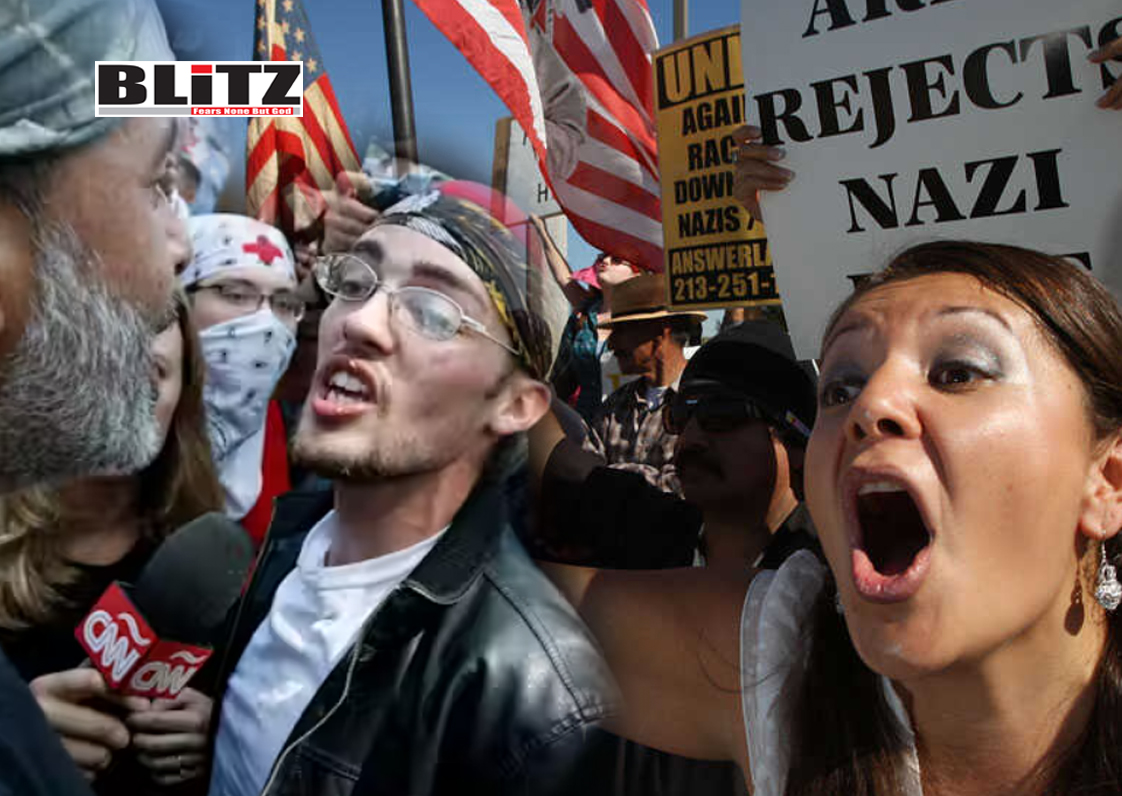
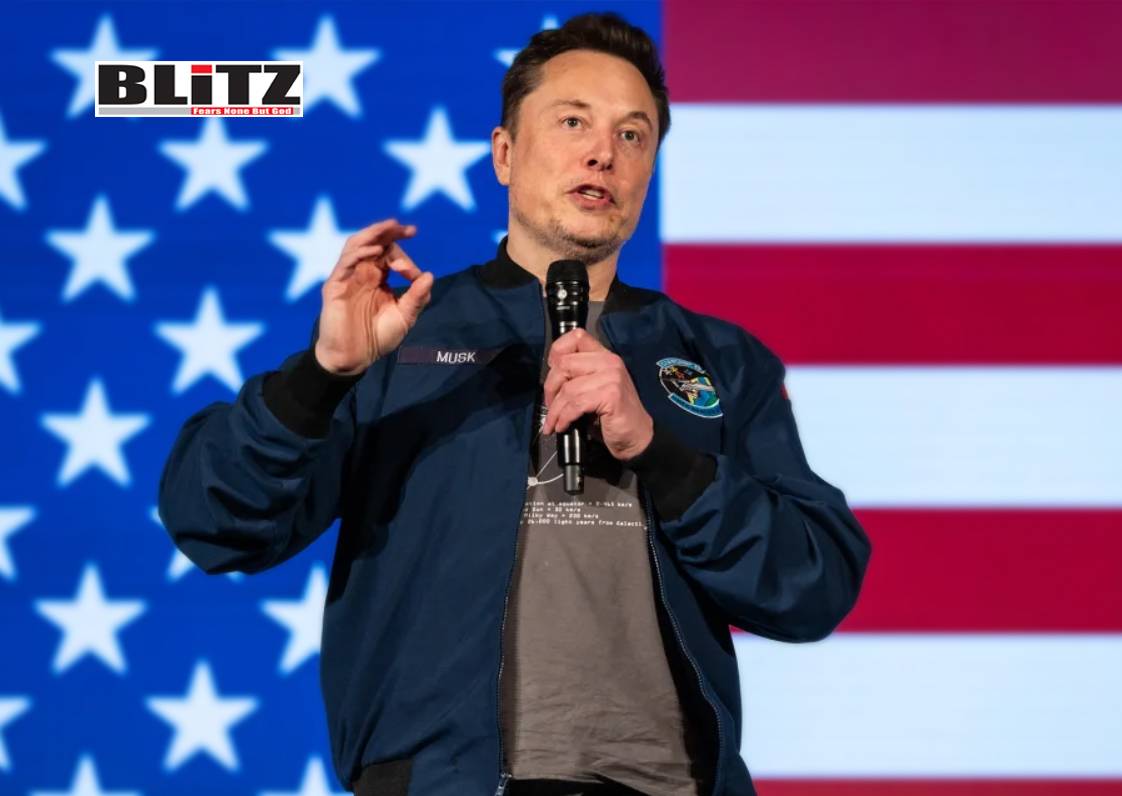
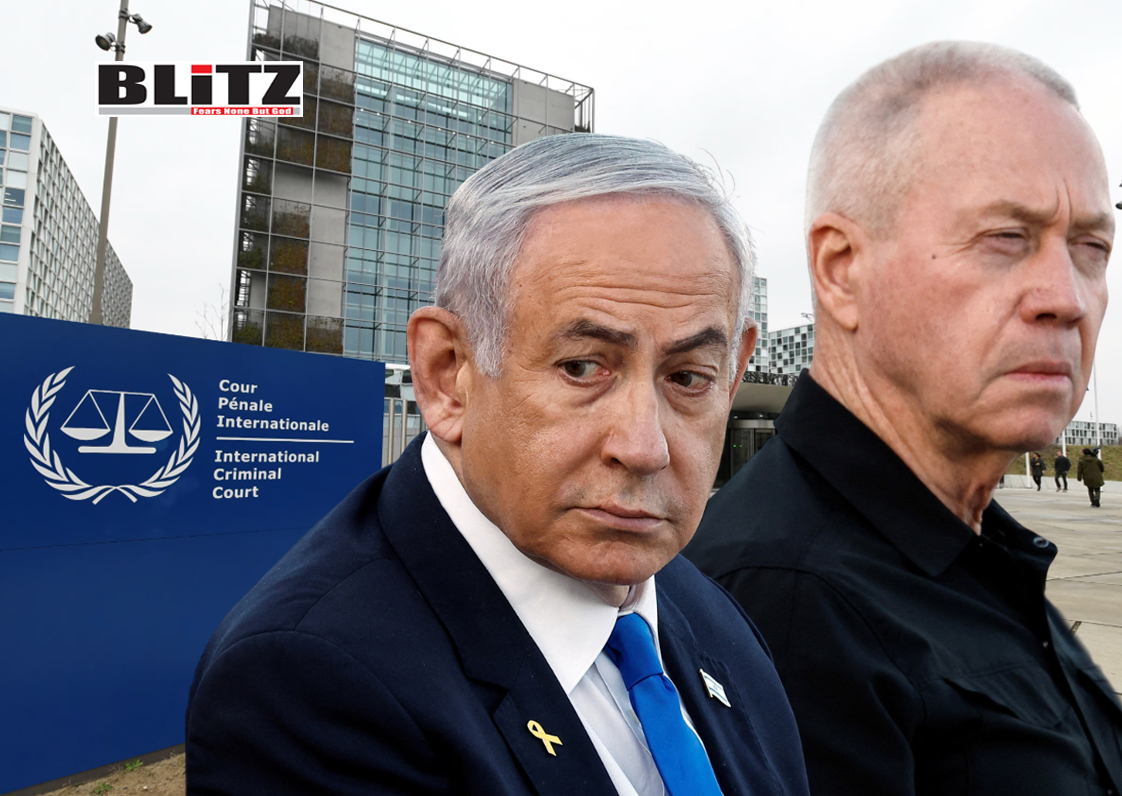


Leave a Reply